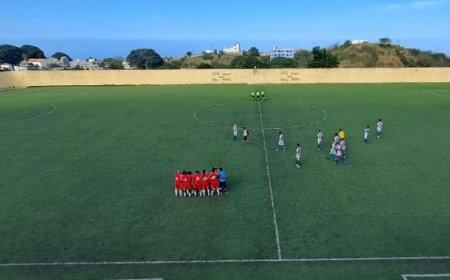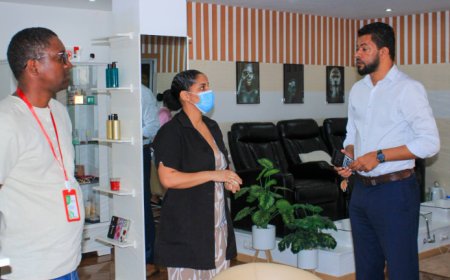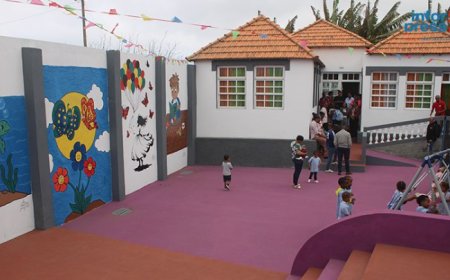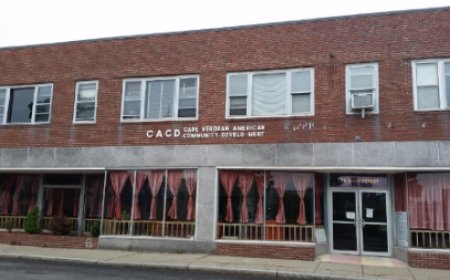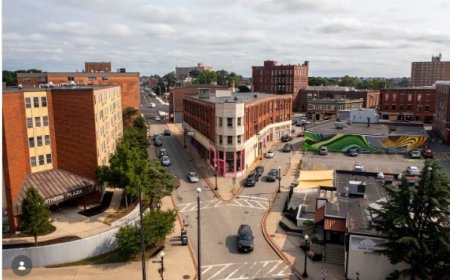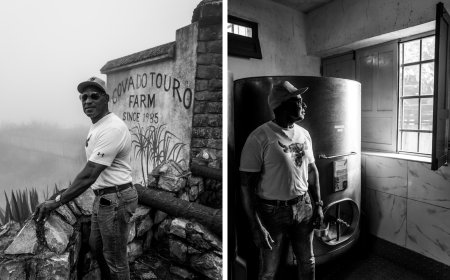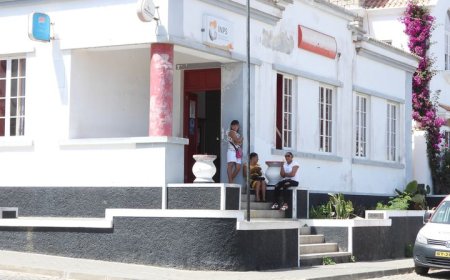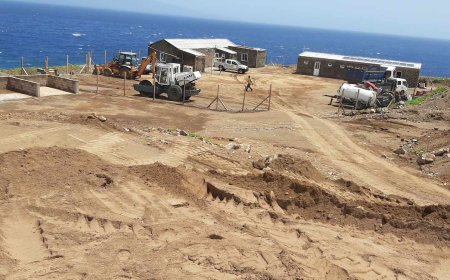Ilha Brava, seat of the government and the bishopric in 1800? What happened to us?
Cape Verde's history is full of fascinating episodes that marked its trajectory as a nation. Among these episodes, we highlight the period in which Ilha Brava became the seat of the bishopric and the Government in 1800, in addition to housing the first higher education school in the archipelago. This crucial phase in Cape Verdean history bears witness to the significant role played by Ilha Brava in the country's development.
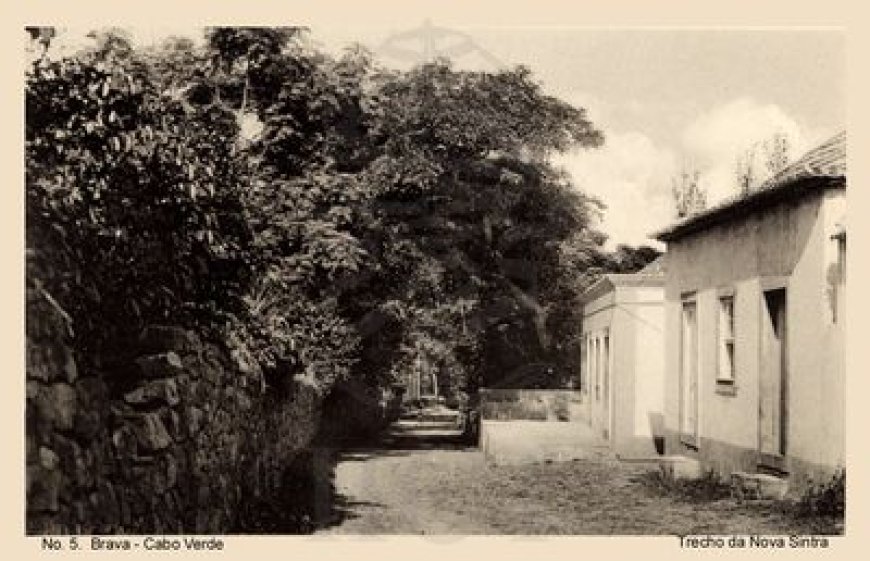
To understand the importance of Ilha Brava in the context of Cape Verde in 1800, it is essential to carry out a brief historical retrospective. At that time, the islands of the archipelago were a colony of Portugal and played a strategic role in the transatlantic slave trade. With the need for administration, both civil and religious, Ilha Brava emerged as an ideal place to host the bishopric and the Government.
The elevation of Ilha Brava to the status of seat of the bishopric was an important milestone. The creation of the bishopric of Cape Verde in 1533 marked the beginning of the official presence of the Catholic Church in the islands. Prior to that, Santiago Island was the seat of the bishopric. However, due to its geographic location and the need for a more efficient ecclesiastical administration, Ilha Brava was chosen as the new seat in 1800.
This brought with it a series of changes and improvements to the religious life of the islanders. The presence of resident bishops allowed greater proximity to the local population and a more organized development of the Catholic Church in Cape Verde.
In addition to housing the bishopric, Ilha Brava also became the seat of government in 1800. This represented an important step towards administrative decentralization, as Ilha de Santiago had been the center of government power for a long period. The move to Ilha Brava allowed for a more efficient administration and greater proximity between the colonial government and the other islands.
Another notable achievement of Ilha Brava during this period was the founding of the first higher education school in Cape Verde. This higher education institution played a crucial role in training intellectuals and local leaders, contributing to the educational and cultural development of the country.
The experience of Ilha Brava as the seat of the bishopric and the Government, as well as the founding of the first higher education school, left a lasting legacy in Cape Verde. Ilha Brava stood out as a center of education, culture and administration, shaping the future of the country.
Today, Ilha Brava is fondly remembered for its contribution to Cape Verde's history. Its importance as the seat of the bishopric, of the Government and as home to the first institution of higher education echoes through time as an example of the spirit of progress and innovation that characterizes the Cape Verdean islands.
In summary, Ilha Brava played a fundamental role in the history of Cape Verde by becoming the seat of the bishopric and the Government in 1800 and housing the first higher education school in the archipelago. These remarkable historical events illustrate the rich cultural and educational heritage that Ilha Brava left for future generations of Cape Verdeans.
MS








